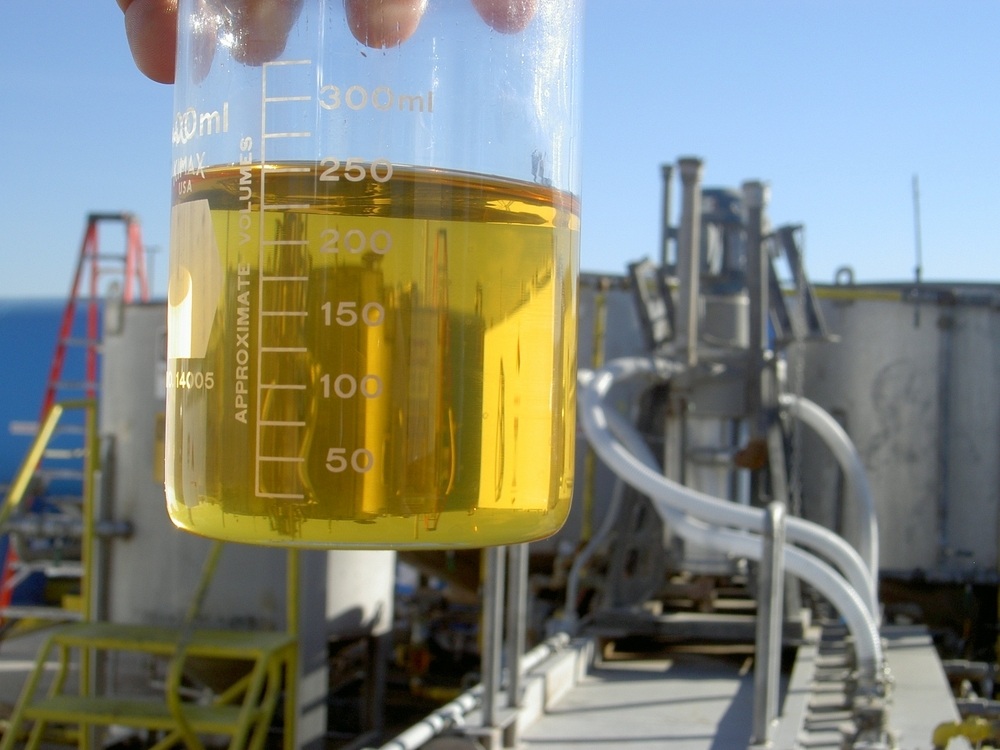T The nation’s ethanol industry is using the Trump administration’s decision to lift a ban on summer sales of E15 gasoline as an example of why ethanol should never be banned during summer months.
Following Hurricanes Irma and Harvey, the Environmental Protection Agency (EPA) lifted the summer ban on E15 to make certain consumers had enough gasoline while producers were returning their refineries to full operation.
The annual summer ban on fuel that is 15 percent ethanol is meant to limit ozone, which causes smog during hot months. It typically runs June 1 through Sept. 15, but was lifted earlier amid the two hurricanes.
Hurricane Harvey had temporarily shut down some oil production in Texas and off the Gulf Coast, while mass evacuations in Florida as Hurricane Irma approached stoked fears of gas shortages across the state and throughout the region.
The EPA’s E15 waiver applied to 38 states and Washington, D.C.
The agency tried to ensure that the fuel wasn’t used in engines not designed for gasoline with that level of ethanol, an effort to address the common complaint from critics that E15 can lead to misfueling and vehicle damage.
Enjoying our insights?
Subscribe to our newsletter to keep up with the latest industry trends and developments.
Stay Informed“The sale of gasoline containing up to 15 percent ethanol (E15) must continue to comply with federal rules, which are designed to minimize the potential for E15 being used in vehicles that are not designed to use this fuel,’’ the agency said when it announced an extension of its waiver, which initially went into effect at the end of August.
But two weeks later there had been few reports of misfueling, nor does there appear to have been any other negative consequences of the decision, according to E15 lobbyists.
Ethanol advocates say that’s proof that it’s time for Congress to revisit the policy and scrap the E15 ban for good, finally allowing the fuel to be sold year-round.
The Renewable Fuels Association (RFA), the ethanol industry’s leading trade group, said the move has helped keep gas prices low by putting more fuel into the marketplace.
“While we are glad EPA responded to the requests of RFA to allow early sales of E15, the summer E15 restriction remains as an unnecessary and irrational impediment to rapid expansion of E15 in the marketplace,’’ said Bob Dinneen, RFA’s president. “The events of the past few weeks have demonstrated that ethanol generally, and E15 specifically, can help offset gasoline shortfalls resulting from major disruptions in our fuel market.’’
The push to allow year-round sales of E15 had been gaining steam in Congress this year.
A bipartisan group of senators — each from states that have benefited greatly from the ethanol boom of the past decade — introduced legislation that would permanently lift the ban.
But the bill never even came up for a vote in the Senate Environment and Public Works Committee, falling victim to bipartisan opposition of senators of both parties and from a host of outside groups that pressured Congress to kill the bill.
The committee didn’t respond to a request for comment on whether the events of the past two weeks could lead to action on the bill.
While there’s no guarantee of legislative action, ethanol champions seem keenly aware the recent storms — and the early sale of E15 without any negative ramifications across the country — offer a key opportunity to make their case.
“The EPA’s decision to grant emergency waivers of certain fuel standards in areas affected by shortages following Hurricane Harvey does underscore that the restriction is out-of-date. The important thing, however, is that Americans affected by the hurricane were able to gain access to fuel,’’ said Chris Hogan, a spokesman for Growth Energy, a biofuels trade group. “Homegrown biofuels are an at-the-ready source for America’s energy needs, and we are glad that our industry was able to provide help when it was needed.’’




















